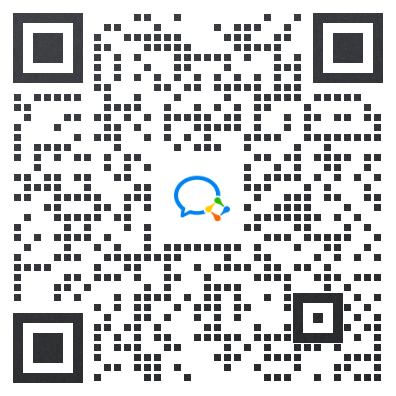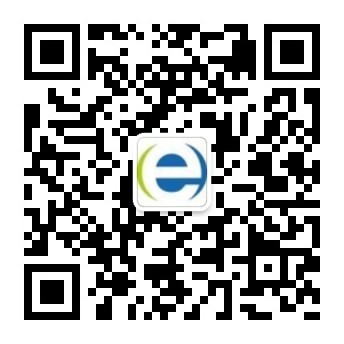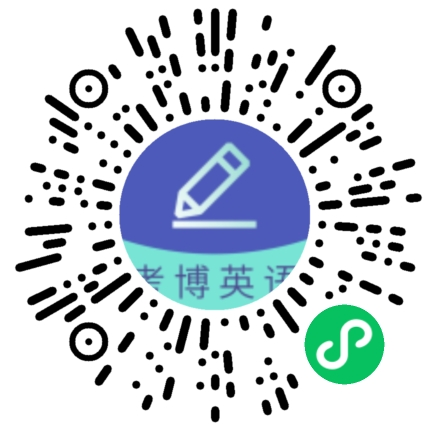北京大学2013年考博英语真题4
摘要:希赛网英语频道为大家整理北京大学2013年考博英语真题。
希赛网英语频道为大家整理北京大学2013年考博英语真题。
Part IV: Reading Comprehension (30%)
Passage 2
Most scholars agree that Isaac Newton, while formulating the laws of force and gravity and inventing the calculus in the late 1600s,probably knew all the science there was to know at the time. In the ensuing 350 years an estimated 50 million research papers and innumerable books have been published in the natural sciences and mathematics. The modern high school student probably now possesses more scientific knowledge than Newton did, yet science to many people seems to be an impenetrable mountain of facts.
One way scientists have tried to cope with this mountain is by becoming more and more specialized. Another strategy for coping with the mountain of information is to largely ignore it. That shouldn’t come as a surprise. Sure, you have to know a lot to be a scientist, but knowing a lot is not what makes a scientist. What makes a scientist is ignorance. This may sound ridiculous, but for scientists the fact are just a starting place. In science, every new discovery raises 10 new questions.
By this calculus, ignorance will always grow faster than knowledge. Scientists and laypeople alike would agree that for all we have come to know, there is far more we don’t know. More important, every day there is far more we know than we don’t know. One crucial outcome of scientist knowledge is to generate new and better ways of being ignorant: not the kind of ignorance that associated with a lack of curiosity or education but rather acultivated, high-quality ignorance. This gets to the essence of what scientists do: they make distinctions: between qualities of ignorance. They do it in grant proposals and over beers at meetings. As James Clerk Maxwell,probably the greatest physicist between Newton and Einstein, said “Thoroughly conscious ignorance is a prelude to every real advance in knowledge. ’’
This perspective on science —that it is about the questions more thaq the answers should come as something of a relief. It makes science less threatening and far more friendly and, in fact, fun. Science becomes a series of elegant puzzles and puzzles within puzzles —and who doesn’t like puzzles? Questions are also more accessible and often more interesting than answers ; answers tend to be the end of the process, whereas questions have you in the thick of things.
Lately this side of science has taken a backseat in the public mind to what i call the accumulation view of science —that it is a pile of facts way too big for us to ever hope to conquer. But if scientists would talk about questions, and if the media reported not only on new discoveries but the questions they answered and the new puzzles they created,and if educators stopped trafficking in facts that already available on Wikipedia —then we might find a public once again engaged in this great adventure that has been going on for the past 15 generations.
46. Which of the following would most scholars agree to about Newton and science?
A. Newton was the only person who knew all the science in the 1600s
B. Newton’s laws of force and gravity dominated science for 350 years.
C. Since Newton’s time, science has developed into a mountain of facts
D. a high school student probably knows more science than Newton did.
47. Which of the following is best support in this passage?
A. a scientist is a master of knowledge.
B. Knowledge generates better ignorance.
C. Ignorance is a sign of lack of education.
D. Good scientists are thoroughly ignorant
48. Why is it a relief that science is about the questions more than the answers?
A. Because people like solving puzzles.
B. Because questions make science accessible.
C. Because there are more questions than answers,
D. Because questions point the way to deep answers.
49. The expression “take a backseat” (Paragraph 5) probably means .
A. take a back place
B. have a different role
C. be of greater priority •
D. become less important
50. What is the author’s greatest concern in the passage?
A. The involvement of the public in science.
B. Scientists’enjoyment of ignorance.
C. The accumulation of scientific knowledge.
D. Newton’s standing in the history of science.
考博英语自学神器:北京大学-希赛学习包
版权辅导教材+推荐自学计划+在线智能题库+知识点练习+入群共同学习+1-2年服务期
考博英语培训课程:北京大学-希赛课程
结合历年考试真题,辅以相关理论知识,以轻松、简化的语言教授,让学生迅速掌握知识点及做题技巧。
点击返回北京大学考博英语真题汇总
点击查看全国医学博士英语统一考试真题汇总
点击查看医学考博英语真题核心词汇合集汇总
点击查看历年中科院考博英语真题总卷
素材来源:网络
延伸阅读
- 2026全国医学博士英语统考准考证打印时间
- 2026全国医学博士英语统考准考证打印流程
- 上海戏剧学院2026年招收攻读博士学位研究生招生简章
- 考博英语全国医学统考真题考情分析
- 桂林医科大学2026年在职医师攻读临床医学博士专业学位人员招生简章
- 研究生上多少年可以考博士

考博英语微信公众号

了解更多考试动态
考博英语备考资料免费领取
去领取

扫一扫,进入微信小程序,各院校历年真题随时随地可刷题,助力考博英语提分。
- 0
- 2
- 7
 专注在线职业教育25年
专注在线职业教育25年







 扫描二维码
扫描二维码
 扫描二维码
扫描二维码








